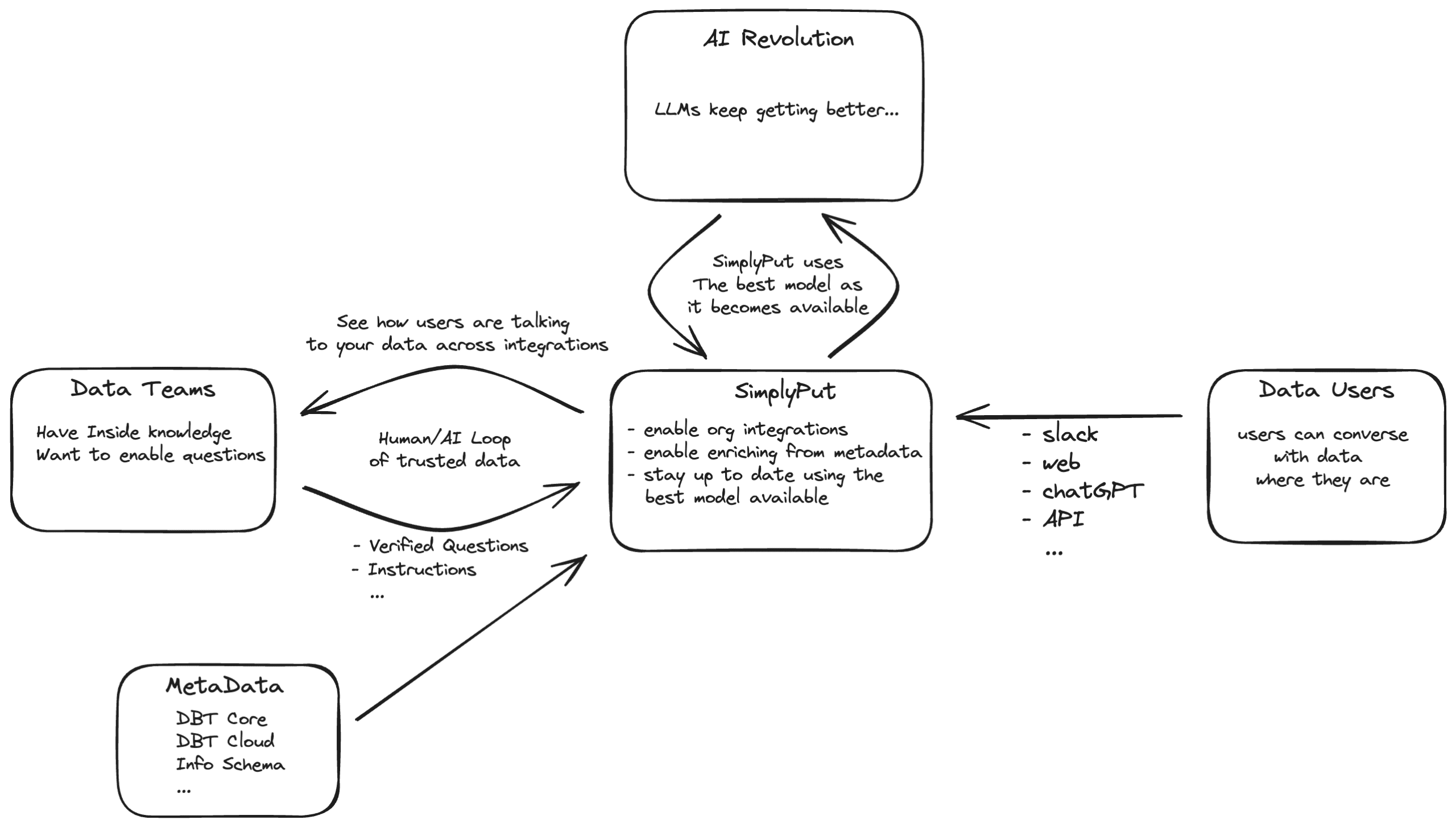
You are a marketer, customer service rep, a sales rep, a product manager… it really doesn't matter because we all do something to affect things positively for our teams. You spend a lot of mental energy on your work and love to show material benefits from that effort. But to show this effort a graph/dashboard publicizes this in a way that the whole company can see. And that feels good. You do something that matters.
One day the graph looks like this:

What is your first reaction? How do you feel?
It might be strange hearing a data person talk about feelings, but how people emotionally interact with data in your organization matters. And matters a lot more than you might think.
"The violence of positivity does not deprive, it saturates; it does not exclude, it exhausts." — Byung-Chul Han
Emotionally speaking centralized democratized data can be vulnerable, anxiety provoking, and source of weaponization between departments. But this doesn't have to be the case. If a discussion about how to use data is not talked about, the tendency will be fear based.
For example, if you are a remote company and a majority of conversations are happening over chat and you don't talk about how to communicate, people tend to imagine intentions of statements to be negative. Any room for ambiguity in language tends towards fear.
But if you set the culture right, (we use always assume positive intent) a lot of anxiety can be alleviated. Leaving stuff like this unaddressed yields very defensive language, which is not ideal.
This same problem happens with the culture of data. If you don't explicitly state how to react to numbers or set good examples, it will tend to fear, and generate way too much anxiety.
You might see this happen in OKR setting where it even goes so far OKRs are weaponized.
These are the data cultural attitudes that we use:
- Numbers are not truth, but they help describe it.
- Tracking reality in numbers is tricky and we understand exceptions can occur
- No persons value is ever tied to a number
Just like the toxic employee can make a team ineffective, a toxic attitude around data can make teams responding to data ineffective.
With a data culture that is concerned with finding underlying truths rather than proving people's worth, you can alleviate people's defensive languages and start promoting healthier conversations. But what would that world look like?
That's where we shine.
SimplyPut we enable data democracy to promote a healthy culture around data.


